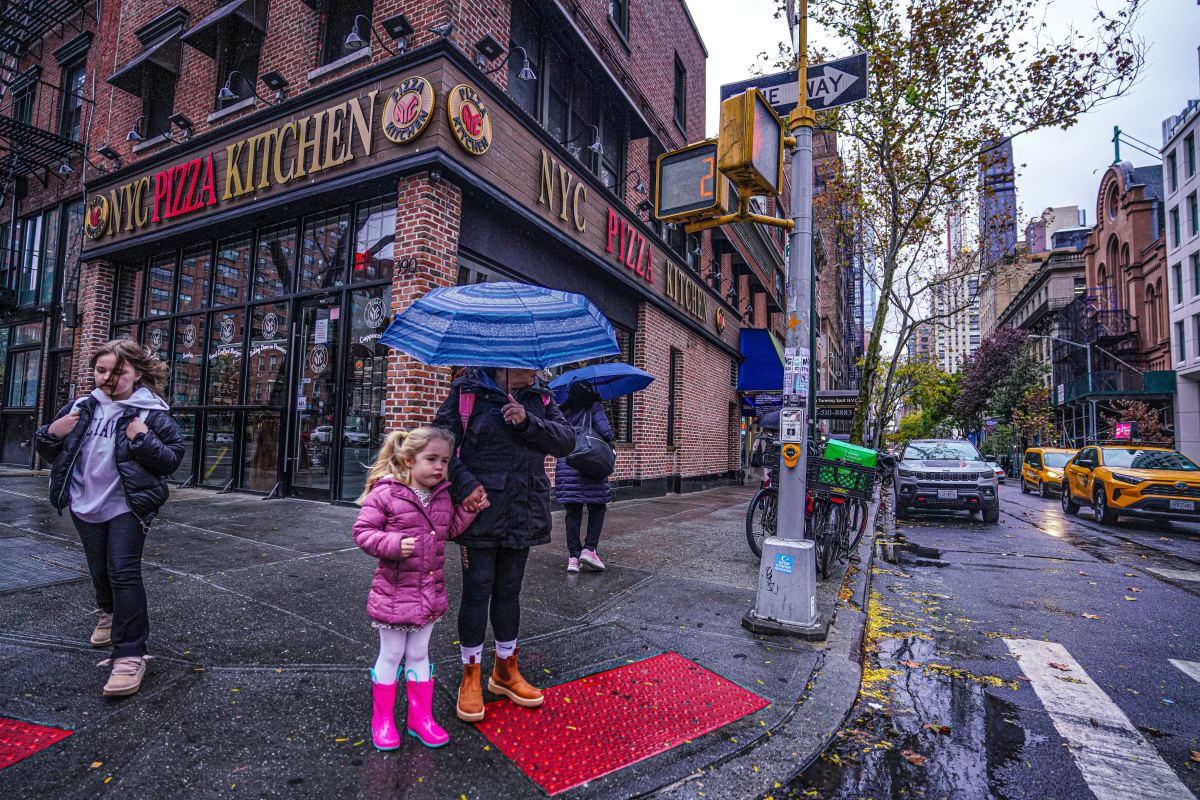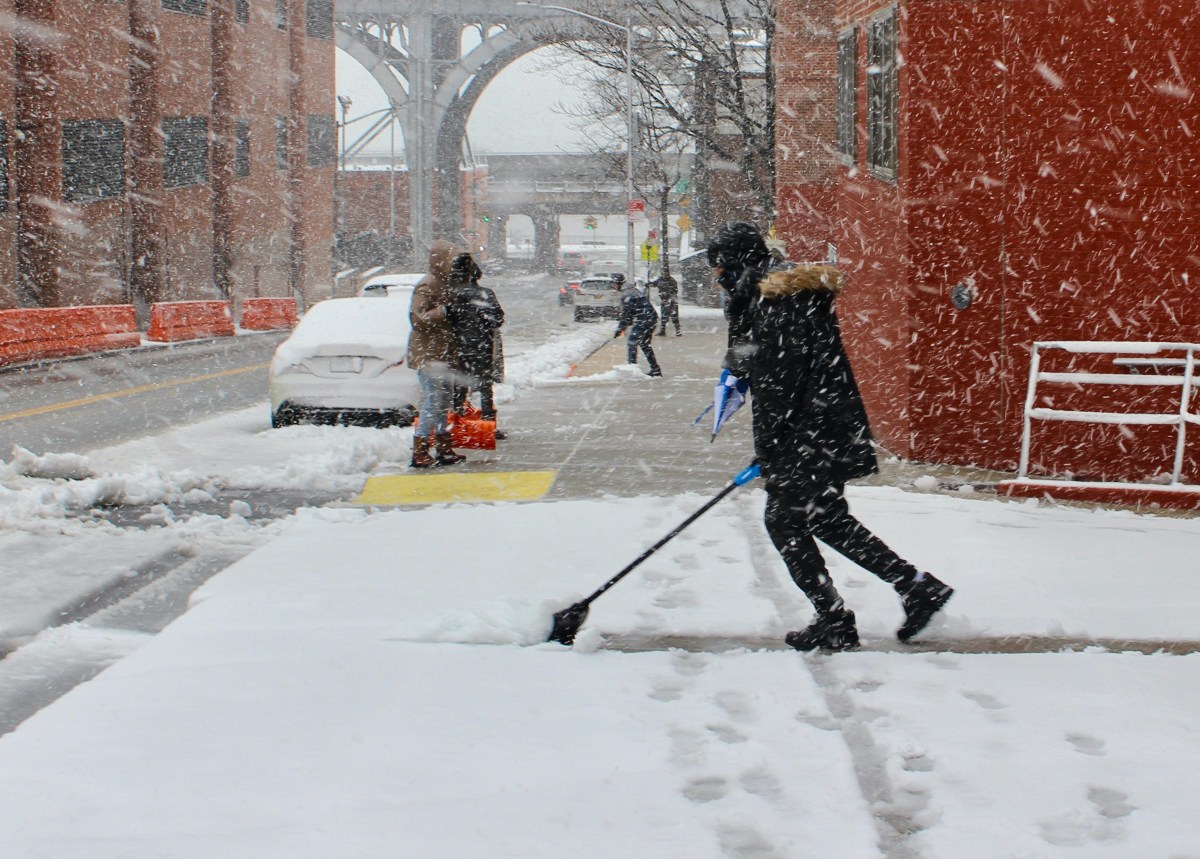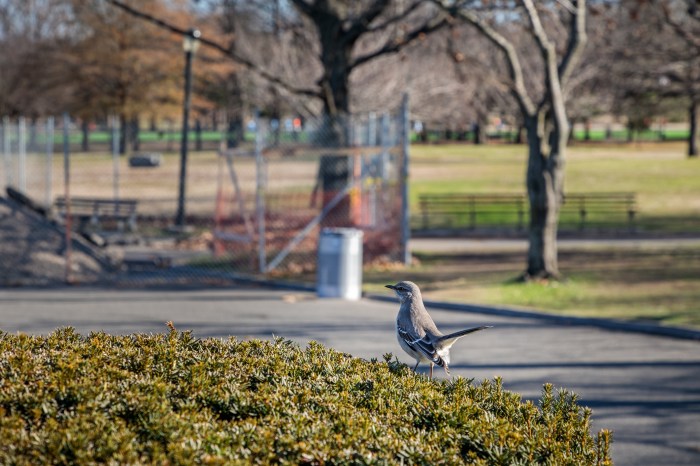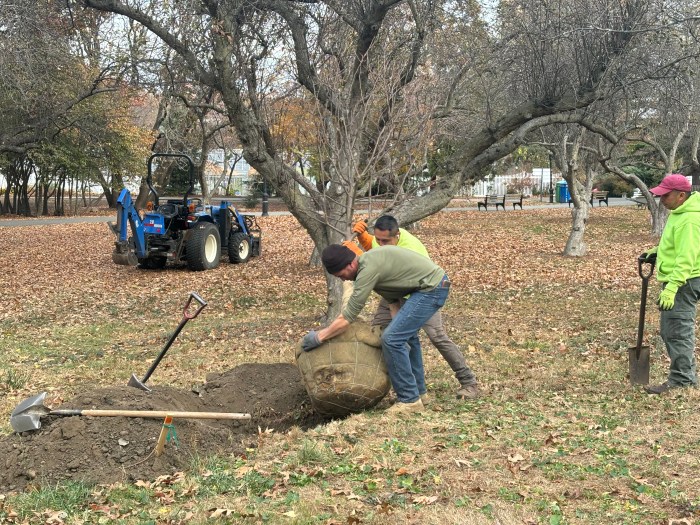Just days after a woman jogger from Howard Beach was found strangled to death in a Queens marsh near her home, a new report found violent crime has risen in the city’s parks.
Against a backdrop of falling major crime in the five boroughs, murders, rapes and robberies have climbed by 23 percent in the green spaces frequented by New Yorkers, based on a study released this week by a park advocacy group.
The city’s most dangerous park is Flushing Meadows Corona Park, which had 49 serious crimes within its borders from April 1, 2015 to March 31, 2016, according to NYC Park Advocates. Central Park has its own police precinct and was not included in the report, drawn from NYPD stats
For all city parks violent crime rose to 417 incidents for the nine-month period from 340 in the year-earlier span, the group found. But overall crime in the parks crept up by just under 3 percent.
Flushing Meadows was the only Queens park on the top-10 crime list. Forest Park and Kissena Corridor Park each recorded one murder in the nine-month period, the same number as the other six parks around the city where homicides occurred. Rufus King Park in Jamaica led the city with three rapes and Flushing Meadows was the site of two attacks.
For felony assault, Flushing Meadows was in second place with eight incidents, but Queens parks were not among the worst spots for robbery.
Flushing Meadows again took the No. 1 place for burglary, the No. 2 ranking for grand larceny and the top billing for motor vehicle theft.
Geoffrey Croft, founder of NYC Park Advocates, blames the sharp increase in park crime to the lack of adequate police patrols. Parks in Queens and across the city are patrolled by small bands of unarmed Parks Dept. officers who work with the NYPD.
However disturbing the crime statistics about city parks, they do not apply to the area where Karina Vetrano was killed Aug. 2. She went for a run through Spring Creek Park, a marshland that is part of the Gateway National Recreation Area, in broad daylight and was found dead about two hours later.
The area, known as “the weeds” in the tightly knit Howard Beach neighborhood, is on federal land and policed by federal park agents. Frightened residents have called for more surveillance cameras and patrols by park agents on weekends. The NYPD has offered to send out officers for weekend duty.
Parks are the borough’s most precious natural resource and the people who visit them deserve better protection. Both the city and the federal government have more work to do to keep Queens residents safe

































